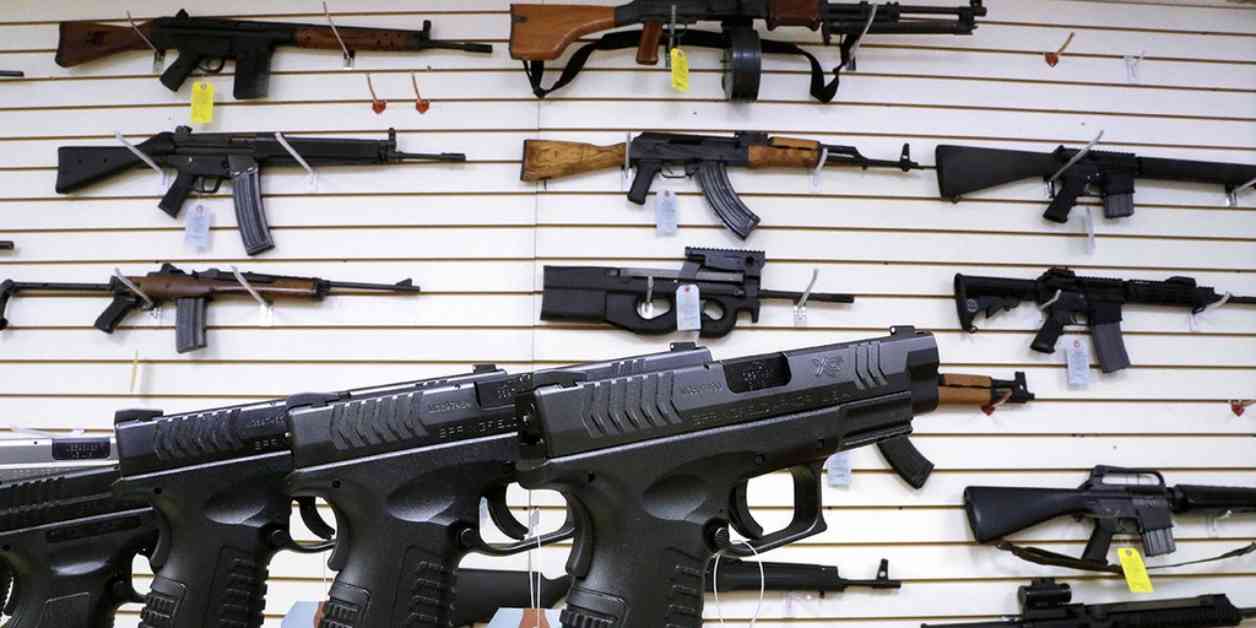A federal judge recently overturned Illinois’ ban on semiautomatic weapons, citing recent U.S. Supreme Court decisions that uphold the Second Amendment right to bear arms. U.S. District Judge Stephen P. McGlynn stated that his ruling applied universally, not just to the plaintiffs involved in the case.
The ban, known as the Protect Illinois Communities Act, was signed into law in January 2023 by Democratic Governor J.B. Pritzker and went into effect on January 1st. It prohibited AR-15 rifles, large-capacity magazines, and various gun attachments, largely in response to a shooting incident at a parade in Highland Park in 2022.
Judge McGlynn’s order will not take effect for 30 days, allowing time for further legal proceedings. In his opinion, he emphasized the importance of upholding individual rights against government overreach, stating that rights should not be subject to the whims of officials or judges.
Governor Pritzker and Attorney General Kwame Raoul have expressed their intention to appeal the ruling swiftly, emphasizing the law’s role in protecting public safety and preventing gun violence in Illinois. However, the Illinois State Rifle Association welcomed the decision, claiming that the ban was unconstitutional and highlighting their commitment to defending the rights of law-abiding gun owners in the state.
The ruling has sparked a debate between those advocating for stricter gun control measures to enhance public safety and those defending Second Amendment rights. The issue of gun control remains a contentious and divisive topic, with both sides presenting valid arguments and concerns.
Moving forward, the legal battle over Illinois’ semiautomatic weapons ban is likely to continue, with potential implications for gun laws and regulations in the state and beyond. As the case progresses, it will be important to consider the balance between individual rights and public safety in crafting effective and constitutional firearms policies.


















